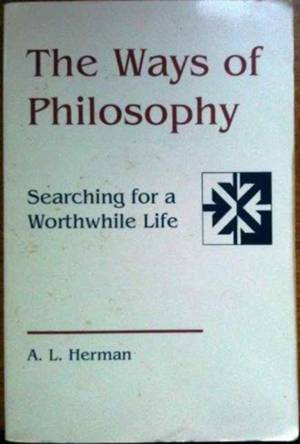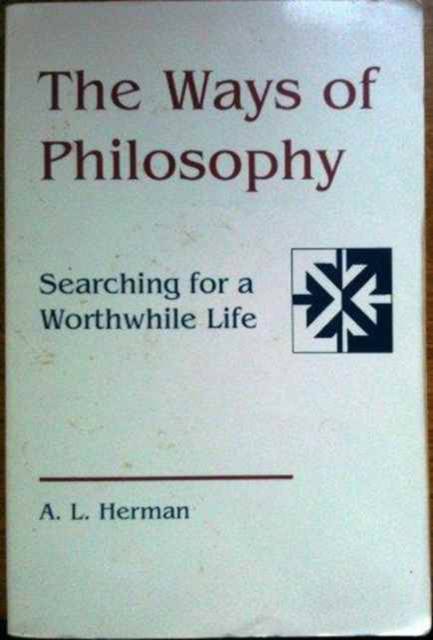
- Retrait gratuit dans votre magasin Club
- 7.000.000 titres dans notre catalogue
- Payer en toute sécurité
- Toujours un magasin près de chez vous
- Retrait gratuit dans votre magasin Club
- 7.000.000 titres dans notre catalogue
- Payer en toute sécurité
- Toujours un magasin près de chez vous
Description
Now Available from Duke University Press
One of the most urgent and persistent of human problems was first posed by Aristotle: What is the best and most worthwhile life that a human being can live?
Surveying some fourteen thinkers--ancient and modern, Eastern and Western--this work describes the various pathways that have been taken toward answering Aristotle's question. Each pathway is subjected to four questions: 1) how does it define the "problem" of life? 2) what is the cause of the problem? 3) what is the solution to that problem? and 4) what is the way or means of achieving that solution?
The comparison of alternative answers to Aristotle's question provides students of philosophy, religion, and the humanities with a provocative and engaging introduction to the major concepts, vocabulary, problems, and solutions endemic to philosophical thinking. Each chapter is accompanied by a series of questions which encourage the reader to examine critcally not only the philosophy under discussion but his or her own views about what constitutes the worthwhile life.
Exemplary in the clarity of its purpose and expression, The Ways of Philosophy is both an accessible introduction to the discipline and a reminder that philosophy attempts to provide practical solutions to genuine human problems.
Spécifications
Parties prenantes
- Auteur(s) :
- Editeur:
Contenu
- Nombre de pages :
- 329
- Langue:
- Anglais
- Collection :
- Tome:
- n° 17
Caractéristiques
- EAN:
- 9781555405168
- Date de parution :
- 18-02-00
- Format:
- Livre broché
- Format numérique:
- Trade paperback (VS)







